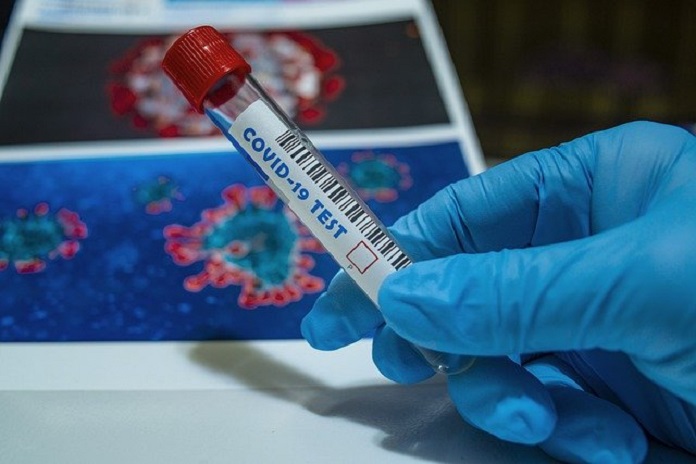Researchers characterize the clinical, immunological, and virologic aspects of patients who re-test positive for coronavirus.
The continuing COVID-19 pandemic remains a burden on social, economic, and healthcare systems. As more becomes known about the respiratory syndrome, interventions and preventative measures are being implemented to slow its spread. There is however, a gap in knowledge regarding re-positive cases of coronavirus, re-infection, and its health implications.
A recent study helps to shed light on the clinical and immunological characterization of COVID-19 patients that re-test positive for coronavirus.
Researchers characterized data from 619 COVID-19 re-positive cases in Guangdong, China from January to March, 2020. Patients who tested negative for COVID-19 after hospitalization were continuously isolated and screened. Of these, 87 cases re-tested positive for coronavirus and were subsequently returned to hospital. Seventy of the re-positive cases were then assessed via serum and swab samples. Virus RNA was detected through RT-PCR, neutralization assays identified antibody levels, and additional lung examination was conducted through computerized tomography.
Re-positive COVID-19 cases do not appear to present with active infection
During hospitalization, initial diagnosis of the to-be re-positive cases revealed 46 patients with mild and 41 with moderate symptoms. Upon discharge, 77 re-positive cases were asymptomatic while 10 exhibited only a non-productive cough that was aggravated at night. Antibody titer reports demonstrated effective immune activation in all individuals; they were in the normal range of 4 > 1024. Further laboratory analysis concluded a lack of infectious coronavirus strains as well as full-length viral genomes.
Due to patients being isolated post hospital release, there is low likelihood that re-positive cases of coronavirus occur as a result of secondary viral infection (re-infection). Possible causes for re-positive tests might have been attributed to insufficient initial immune responses – an inability for neutralizing antibodies to completely clear the infection. However, antibody titer tests confirmed this was not the case. In addition, researchers were unable to identify intact viral genomes that would create infectious strains in re-positive coronavirus patients. The implications of these findings suggest that there is a reduced transmission risk in those that re-test positive for coronavirus.
The cause of coronavirus reinfection is a growing concern. Re-positive detection of coronavirus is necessary for the implementation of protective public health measures. Understanding the immunological aspects of the virus will aid in better estimation times required for self-isolation and equip hospital facilities. As COVID-19 information and knowledge increase, public education, resource allocation, and efforts towards flattening the curve can be greatly improved.
Written by Melody Sayrany
Reference:
- Lu, J., Peng, J., Xiong, Q., Liu, Z., Lin, H., Tan, X., . . . Ke, C. (2020). Clinical, immunological and virological characterization of COVID-19 patients that test re-positive for SARS-CoV-2 by RT-PCR. EBiomedicine. doi:10.1101/2020.06.15.20131748
Image by fernando zhiminaicela from Pixabay



